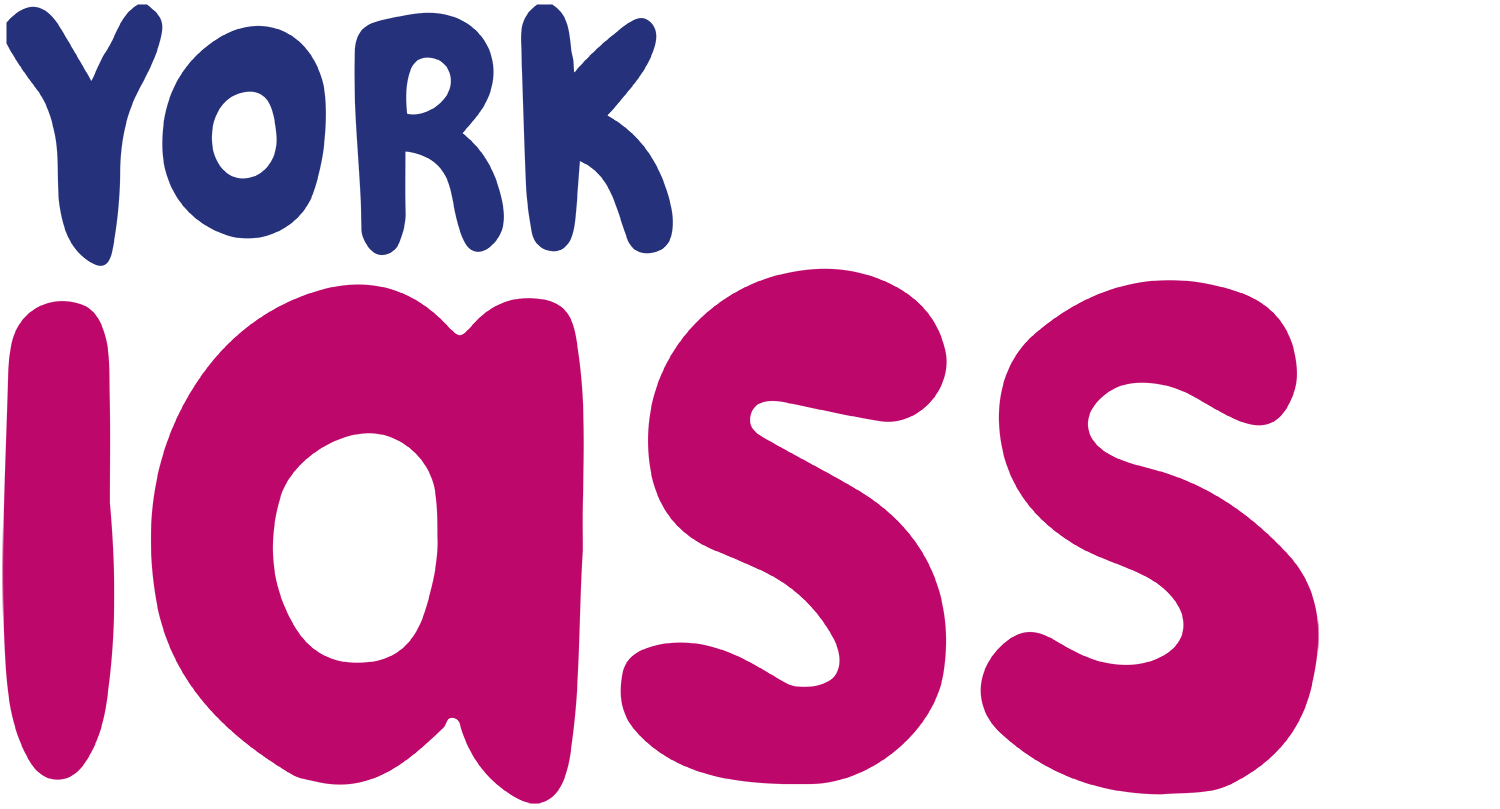
Your rights
Young people aged 16 to 25 have legal rights when it comes to making decisions about their lives.
According to Section 19 of the Children and Families Act 2014, English councils must ensure they involve children, young people and families in decisions about themselves and the local area by:
- taking account of their views, wishes and feelings
- allowing them to participate as fully as possible in decisions
- providing them with information or supporting them to enable this participation
Once you are over 16 education law sees you as a young person, rather than a child, and you will have the right to make your own decisions about the support you need. This includes the right to:
- appeal to tribunal about the support you get, or the educational placement named in your plan
- apply for an Education Health and Care Plan (EHC Plan) - once you are over 16 your parents need your written consent to apply for an EHC Plan on your behalf
- control a Personal Budget - this is a budget set out for you to support your education, this is different to a social care personal budget
- decide where you want to be educated including 6th forms, colleges, alternative provisions, apprenticeships and training institutions
See further information about your rights:
- Your social care rights
- Your healthcare rights
- Your right to request a Personal Budget
- Your right to make a complaint
Your social care rights
Section 58 of The Care Act 2014 places a duty on local authorities to carry out an assessment of a child’s needs where this would be of ‘significant benefit’ to the child, and if it is likely they will have care and support needs when they turn 18.
The local authority has to provide support to enable you to plan ahead as you approach your 18th birthday, so that there are no gaps in services.
A young person may request an assessment at any time ahead of their 18th birthday. However, the local authority can be flexible with the timing of the assessment, and they decide whether and when there is ‘significant benefit’ to assessing needs.
If you have an EHC Plan, it's expected that preparation for adulthood begins from year 9, as part of the EHC Plan Annual Review.
Where a young person has autism, they have a right to a community care assessment and their parents have a right to a carer’s assessment.
The duty lies with the Special Educational Needs Coordinator (SENCO), or in college with the named SEN person, to build this into ‘preparing for adulthood’ reviews.
Social care services provide support to people with:
- learning disabilities
- physical disabilities and illness
- mental illness
This support can cover:
- practical activities
- personal care
- social work
It is intended to help the people receiving social care to live comfortably.
Social Care services
Social care providers provide a wide range of support services including:
- advocacy
- community activities and engagement
- day centres and drop-in centres
- ensuring homes are adapted and accessible
- financial support
- personal care
- providing information and advice
- residential care
- specialist equipment
- support for carers
- supported living
Find out more about your health and social care.
See further information about help from social services and charities (NHS).
Social care regulation
The Care Quality Commission (CQC) is the independent regulator of health and adult social care in England. It ensures social care services are providing people with care that is:
- safe
- effective
- caring
- responsive
- well-led
It also gives services feedback on how to improve. The CQC can act if they find that care services do not have suitable arrangements in place to keep people safe.
Your healthcare rights
Healthcare is any care or treatment you receive to look after your health.
The Get Your Rights website is aimed at Children and Young People, and tells you about the rights you have when making decisions and choices about your healthcare.
See further information and resources which you may find useful when arranging your healthcare:
- Healthcare information for people with a learning disability, autistic people, families and carers (NHS)
- Ask Listen Do: Making conversations count in health, social care and education (NHS)
- Understanding Your Rights in the Health System (Council for Disabled Children)
Your right to request a Personal Budget
A Personal Budget can be arranged by the places that support you, by working out how much money they spend on your support. For example, they might look at how much it costs to pay for someone to give you extra support at school or college or someone to help you with speaking and communicating.
A Personal Budget is money that is used to pay for some of the support needs that have been identified as part of your EHC Plan. You can use a Personal Budget in different ways. Sometimes your parents, the local authority, your school or college can look after your Personal Budget for you.
The local authority is sometimes called ‘the council’. They decide how to spend the money for your support. Sometimes you can get the money yourself and work out how you want to spend it on your support. You do not have to have one, it's up to you.
You or your parents can ask for a Personal Budget when your EHC Plan is being written or is under review, which means it is being checked. Sometimes the people who run the local authority or the health services will say no. They must tell you why they cannot give you a Personal Budget.
Your right to make a complaint
If you are unhappy with the SEN support you're receiving, you have the right to make a complaint about it.
See information and resources which you may find useful when dealing with making a complaint:
